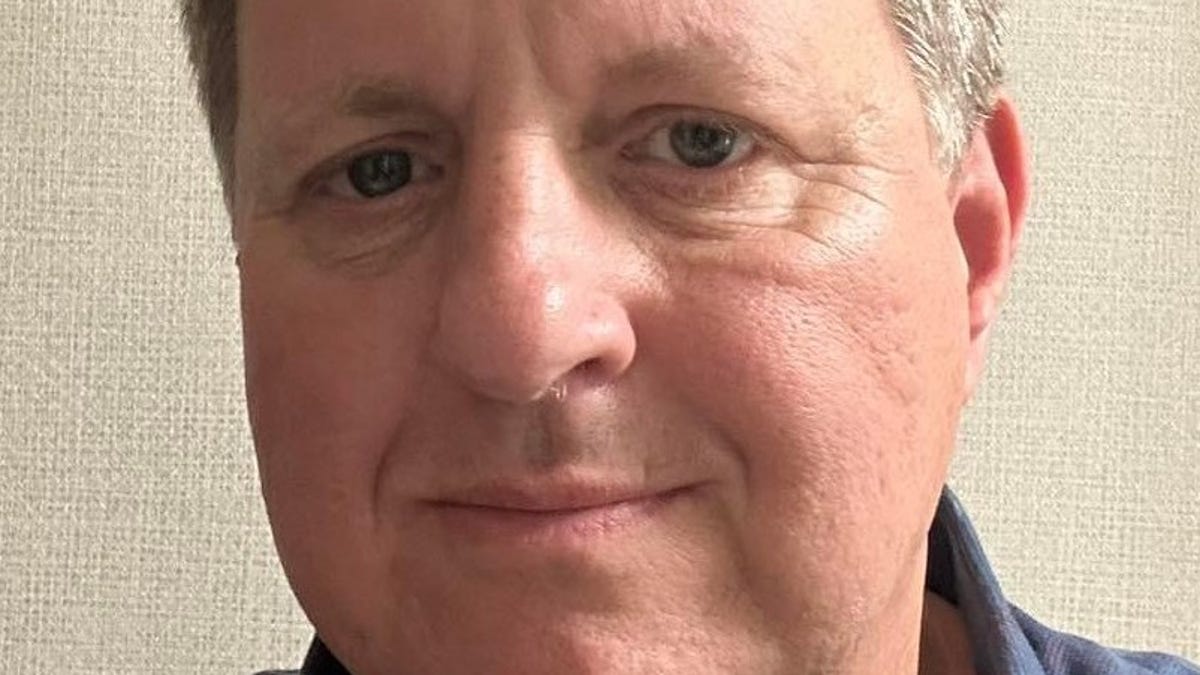
I’ll remember my teenage years for many different reasons, but one of my favorite memories stemmed from something I discovered on cable television.
As I grew up in Plaquemine in the 1980s, I developed a love for the Chicago Cubs. Much of that was due to the arrival of cable TV in 1980, and the inclusion of Chicago superstation WGN on the channel lineup.
My love for that ballclub stemmed from its history of that ballclub, but it also involved sympathy.
This was, after all, the ballclub that made losing an art form. They had a few good years in that era, maybe once per decade, going well into the 21st century.
In 1981, the Cubs were 36 years into a World Series dry spell that would last until 2016 when they won the MLB Championship, which had not happened since 1912.
To give you an idea how long that was, William Howard Taft was President, and the Titanic sunk six months earlier.
In the 1980s, I’d just hope they’d chalk up a winning season, yet the hapless Cubs would somehow find a way to dodge victory.
They earned the nickname “lovable losers.”
The other reason I enjoyed the Cubs was the fabled Wrigley Field, one of the oldest shrines in Major League Baseball. It’s also among the only ballparks that has not been demolished and rebuilt or relocated to the suburbs.
Another attraction was the announcer, Harry Caray.
He was pushing 70 when I first saw him on cable, which had just made its way to Plaquemine in the early 1980s.
Many of the announcers of that era, as with today, had a polished, vocal delivery. Their voices sounded so well-honed, however, that they bordered on monotony.
It reminded me of some of my high school teachers, who also spoke with minimal enthusiasm.
Caray, however, sounded like the guy watching the game from a barstool. As I got a few years older, I began to realize he already was a bit inebriated even before the first pitch.
The real treat came in the seventh inning. Most ballparks — back in that era and today — play the same trite recorded version of “Take Me Out to the Ballgame.”
It was a little different with Caray.
If the Cubs played well, he’d normally sound legible. But remember the Cubs of the mid-1980s were known more for snatching defeat from the jaws of victory.
It meant the two or three six-packs of his beloved Budweiser had taken their toll on him.
Not a note was sung in key.
Some people mellow with age, but Harry got a little more obnoxious each year.
Every year, I yearned to make the trip just to hear him “sing” in the Seventh Inning Stretch.
I made the trip to Chicago in 1999, but that journey came one year after Harry went to the big broadcast booth in the sky.
Wrigley is not in the best part of town, but it certainly has a mystique.
I still watch ballgames the few times they’re on broadcast TV these days. ESPN still runs ballgames, but WGN and TBS scrapped the ballgames from their lineups years ago, most likely because of the cost of programming rights.
Even if it was still on TV, it’s a different era for announcers. Most of them sound the same, and networks seem to discourage unique personalities, perhaps because it keeps them more interchangeable when one broadcaster retires or gets his walking papers.
If I need a good laugh listening to someone like Harry Caray these days, I can always pull it up on YouTube, which is like a treasure chest for classic TV moments.
I doubt we’ll ever see that era of announcers again.
